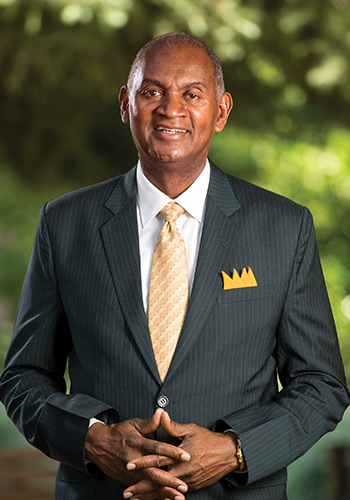Leaving a Legacy in the Lives of Other
 We all know individuals who impact our lives by the way they live. We rarely communicate how much we appreciate them. Some we know only at a distance, others serve as mentors, friends and advisors. Their words stir our souls, their actions humble our ways and their love is dependable.
We all know individuals who impact our lives by the way they live. We rarely communicate how much we appreciate them. Some we know only at a distance, others serve as mentors, friends and advisors. Their words stir our souls, their actions humble our ways and their love is dependable.
My grandfather, my namesake, left me a legacy by his life. I never sat in his counsel, did very little work with him and only visited him irregularly. He was a quiet man who raised 12 children, built his home, worked as a boiler man at a bakery and later built and pastored a small church. He played the piano and led worship, preached the sermon, collected the offering and visited the sick. His life of service brought him no financial benefit, but he lived the message of a servant of God. No one can remember him ever being sick, and when he died, he did so in his sleep. I think of him as the model of godliness, humility and servanthood.
The Reverend Martin Luther King Jr. said: “the end of life is not to be happy, nor to achieve pleasure and avoid pain, but to do the will of God, come what may.” My grandfather’s life is a legacy not only to me, but to my children and grandchildren.
In this edition of Pacific, we feature faculty who left legacies in how they lived among us on earth before joining my grandfather. The ancient Greek statesman Pericles describes them well: “what you leave behind is not what is engraved in stone monuments, but what is woven into the lives of others.” The three featured faculty collectively served our students and their colleagues for 113 years. Thousands of lives were impacted by the message they lived. As they honored God in their service, we honor the legacy of their lives.
